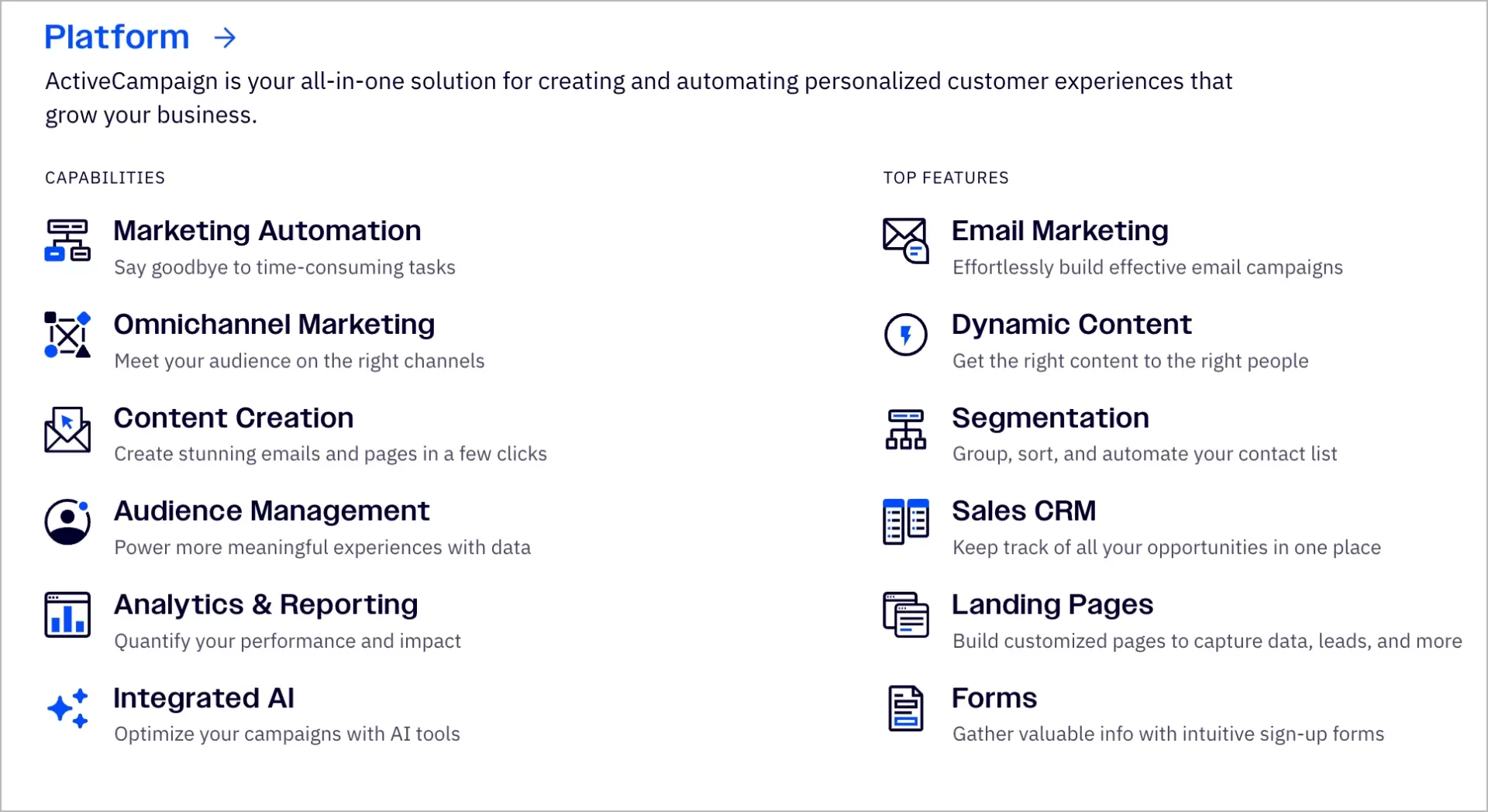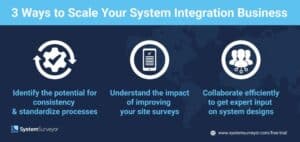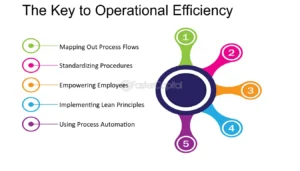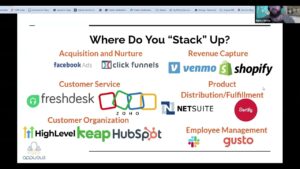10 ActiveCampaign Features for Small Businesses
Discover ten essential ActiveCampaign features that help small businesses streamline tasks, nurture leads, and drive growth efficiently.
For small businesses, finding a CRM that’s both powerful and easy to use is essential to boost productivity and improve customer relationships. ActiveCampaign offers a suite of tools designed to help businesses automate marketing, manage leads, and stay organized, all while enhancing customer engagement. Here’s a rundown of the top ten ActiveCampaign features every small business should know.
Why ActiveCampaign is Ideal for Small Businesses
ActiveCampaign’s combination of marketing automation, CRM tools, and ease of use makes it perfect for small businesses looking to scale without sacrificing personal touches in customer interactions. From email marketing to customer segmentation, each feature is geared towards helping businesses automate and improve their processes effectively.
Essential ActiveCampaign Features for Small Business Success
1. Automated Email Sequences
- What It Does: ActiveCampaign allows users to create automated email workflows triggered by customer actions, such as signing up or making a purchase.
- Why It’s Important: Automated sequences save time and ensure consistent communication with leads and customers.
- Example: Send a welcome series to new subscribers, followed by product recommendations based on their browsing history.
2. Lead Scoring
- What It Does: Lead scoring assigns points to leads based on their interactions with your business, helping you identify high-potential prospects.
- Why It’s Important: Knowing which leads are most engaged allows you to prioritize follow-ups for those likely to convert.
- Example: A lead who opens emails regularly and clicks through to your website might receive a higher score, indicating they’re ready for outreach.
3. Customer Segmentation
- What It Does: This feature allows users to segment contacts based on demographics, interests, purchase behavior, and more.
- Why It’s Important: Segmentation helps you send targeted messages that resonate with specific groups, increasing engagement.
- Example: Segment customers by age group or purchase history to send tailored promotions or product recommendations.
4. Sales Automation
- What It Does: Automate follow-ups, task assignments, and updates within your sales funnel to keep leads moving toward conversion.
- Why It’s Important: Automating these tasks helps sales teams focus on high-value interactions, improving productivity and reducing manual work.
- Example: Automatically assign a task to a salesperson when a lead reaches a certain score, prompting a direct follow-up.
5. Contact Management
- What It Does: Manage and organize your contacts easily, including keeping notes, tracking interactions, and updating contact details.
- Why It’s Important: A well-organized contact list ensures all customer interactions are documented, which is essential for personalized follow-ups.
- Example: Track each customer’s journey from first contact to sale, ensuring no details are overlooked.
6. Dynamic Content
- What It Does: Create personalized email content that changes based on a recipient’s profile or actions, such as location or previous purchases.
- Why It’s Important: Dynamic content makes your emails more relevant to individual customers, increasing open rates and engagement.
- Example: Display different products in an email based on a user’s browsing history or purchase behavior.
7. SMS Marketing
- What It Does: Reach customers instantly with text message marketing, including promotional offers, reminders, and follow-ups.
- Why It’s Important: SMS marketing is highly effective for time-sensitive messages, with open rates significantly higher than email.
- Example: Send a limited-time discount code to loyal customers via SMS, encouraging quick purchases.
8. Reporting and Analytics
- What It Does: ActiveCampaign provides in-depth reports on email performance, lead behavior, and campaign effectiveness.
- Why It’s Important: Understanding how campaigns perform allows small businesses to refine their strategy and maximize ROI.
- Example: Track metrics like open rates and conversions, adjusting your content based on which emails perform best.
9. Pipeline Management
- What It Does: Manage and visualize sales stages, track deal progress, and see which opportunities need attention.
- Why It’s Important: Small businesses can track and manage sales opportunities more effectively, improving close rates and customer retention.
- Example: Organize leads by their stage in the sales funnel, ensuring timely follow-ups that keep deals moving forward.
10. Integrations with Key Tools
- What It Does: Connect ActiveCampaign with over 850 apps, including eCommerce platforms, project management tools, and social media.
- Why It’s Important: Integrations simplify workflow by syncing data between your most-used business tools, enhancing productivity.
- Example: Connect ActiveCampaign with Shopify to automatically add customers who make a purchase to your CRM and segment them for follow-up emails.
How to Leverage ActiveCampaign for Maximum ROI
Start with Simple Automations
- Begin with automations that save the most time, like welcome sequences and abandoned cart reminders. These basic workflows build customer engagement while freeing up time for other tasks.
Segment Your Audience Early
- Create segments based on user interests, purchase behavior, and demographics to deliver personalized content from the start. A well-segmented list ensures higher engagement and better conversion rates.
Monitor Performance and Adjust Regularly
- Use ActiveCampaign’s analytics tools to track performance and optimize your campaigns. Adjusting your approach based on what resonates with your audience helps improve overall marketing effectiveness.
Integrate with Tools You Already Use
- Integrating ActiveCampaign with platforms like Shopify, WooCommerce, and social media tools allows you to manage customer interactions from one place, making workflows more efficient.
Conclusion
ActiveCampaign provides small businesses with essential tools to automate tasks, engage customers, and streamline processes. By using features like lead scoring, segmentation, and automation, businesses can grow more efficiently and improve customer satisfaction.
FAQs
Is ActiveCampaign suitable for beginners?
Yes, ActiveCampaign’s user-friendly interface and extensive resources make it easy for small business owners to get started with automation and CRM.
What is lead scoring in ActiveCampaign?
Lead scoring assigns points to contacts based on their actions, helping prioritize high-interest leads and streamline sales efforts.
Can ActiveCampaign integrate with eCommerce platforms?
Yes, ActiveCampaign integrates with major eCommerce platforms, including Shopify, WooCommerce, and BigCommerce, enabling businesses to sync data and segment customers.
Does ActiveCampaign support SMS marketing?
Yes, ActiveCampaign includes SMS marketing, allowing businesses to send time-sensitive promotions and reminders directly to customers’ phones.
How can small businesses benefit from ActiveCampaign’s automation?
Automation saves time, ensuring consistent customer engagement and follow-ups, which can lead to higher conversion rates and improved customer satisfaction.
Top Tools to Simplify and Scale Your Business
- ActiveCampaign: Robust CRM and automation tool that simplifies email marketing and lead management.
- Drip: CRM with a focus on behavior-driven email marketing, ideal for eCommerce brands.
- ConvertKit: Email marketing platform with automation features for content creators and bloggers.
- HubSpot: All-in-one marketing and sales tool designed for growing small businesses.
- Zoho CRM: Affordable CRM with essential tools for managing customer relationships and automation.
Keywords: ActiveCampaign features, small business CRM, lead scoring, customer segmentation, automation tools, SMS marketing, email automation, CRM for small businesses







